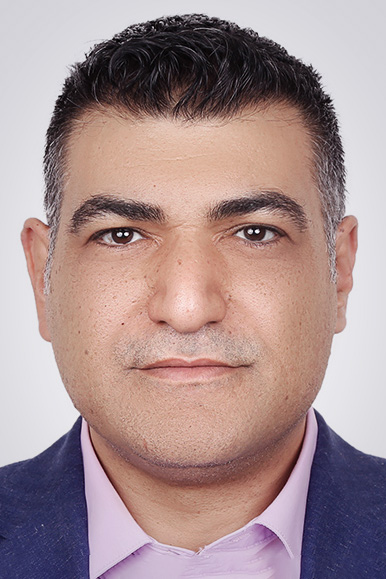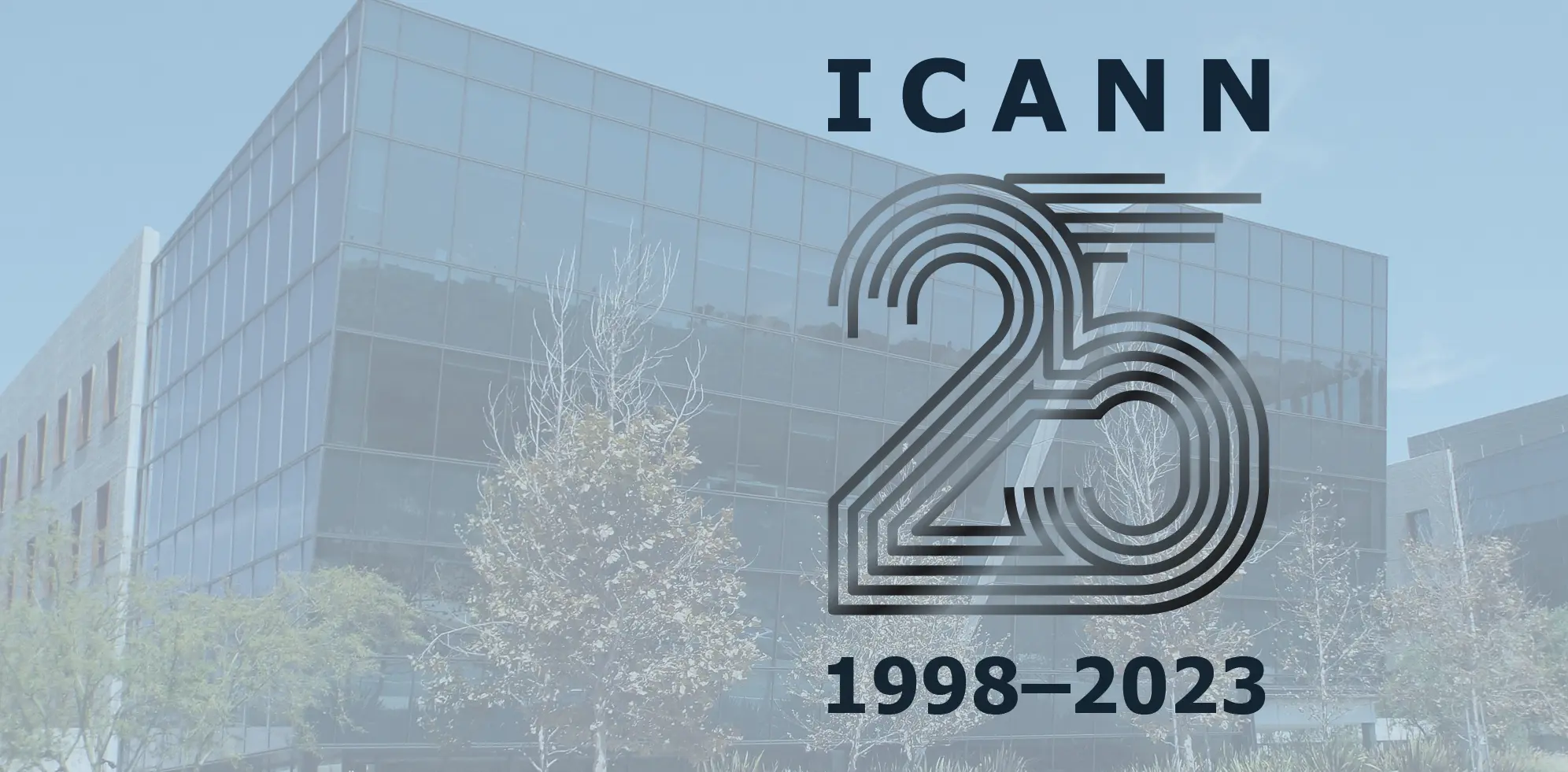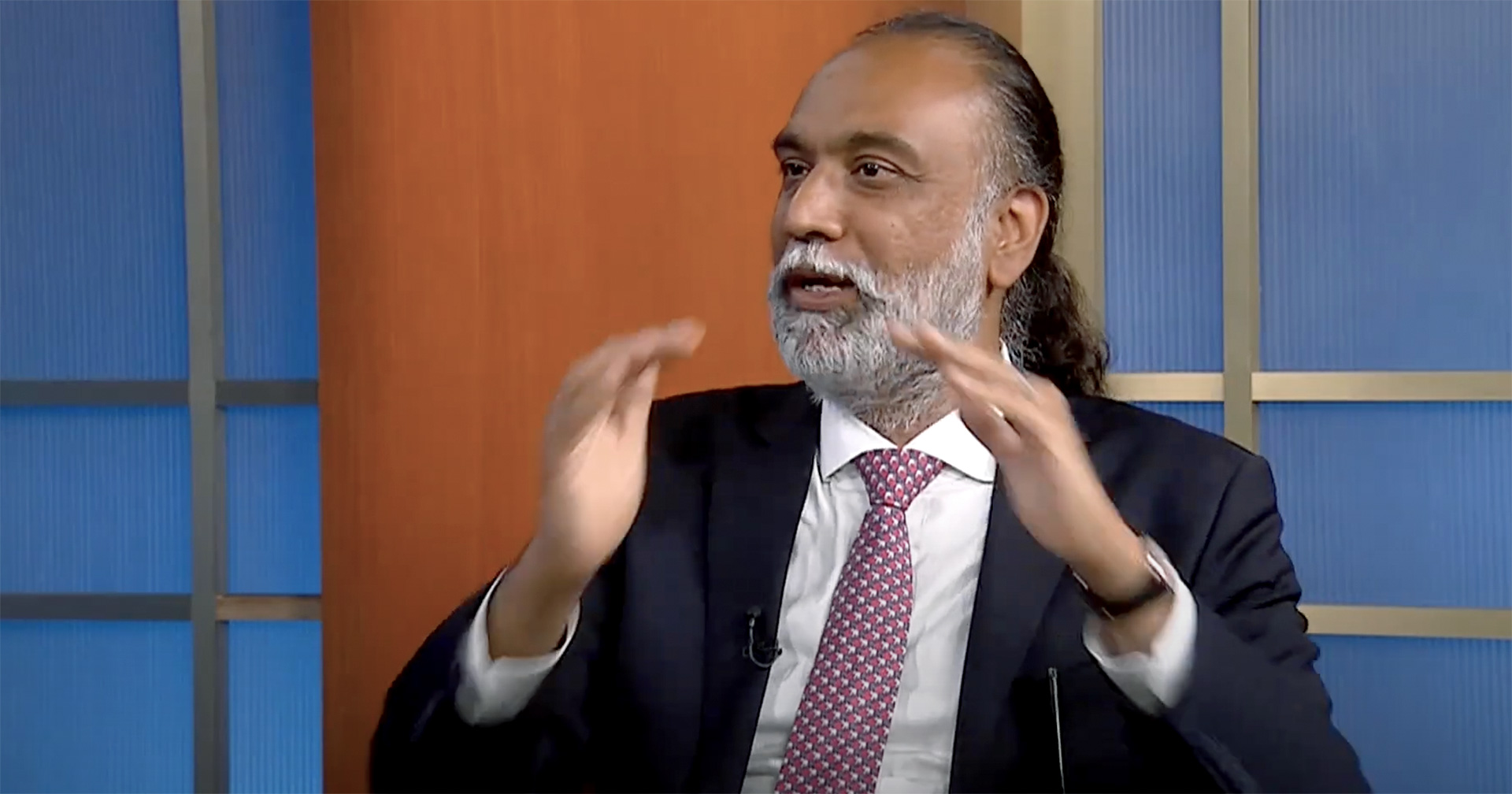

 As Internet governance fragments in 2026, authority shifts from open, multistakeholder forums to state-led security regimes, legal instruments, and alliance-based cooperation, challenging longstanding institutions and reshaping global norms through enforcement rather than consensus.
As Internet governance fragments in 2026, authority shifts from open, multistakeholder forums to state-led security regimes, legal instruments, and alliance-based cooperation, challenging longstanding institutions and reshaping global norms through enforcement rather than consensus.
 The UN's move to grant permanence to the Internet Governance Forum reframes legitimacy in digital policy. As states accelerate action, multistakeholder processes risk becoming ceremonial, with speed replacing consent as the arbiter of influence.
The UN's move to grant permanence to the Internet Governance Forum reframes legitimacy in digital policy. As states accelerate action, multistakeholder processes risk becoming ceremonial, with speed replacing consent as the arbiter of influence.
 ICANN's role in Smart Africa's governance blueprint highlights a widening divide between legality and legitimacy. Funding and participation occurred without early community consultation, raising concerns about procedural integrity, RIR independence, and the precedent such interventions may set for global Internet governance.
ICANN's role in Smart Africa's governance blueprint highlights a widening divide between legality and legitimacy. Funding and participation occurred without early community consultation, raising concerns about procedural integrity, RIR independence, and the precedent such interventions may set for global Internet governance.
 ICANN is finalising a policy to curb DNS abuse, aiming to preserve internet stability while defending freedom of expression. With regulatory pressure mounting, the multistakeholder model faces a critical test.
ICANN is finalising a policy to curb DNS abuse, aiming to preserve internet stability while defending freedom of expression. With regulatory pressure mounting, the multistakeholder model faces a critical test.
 As multistakeholder governance nears a critical juncture, leaders must navigate diverging views, geopolitical pressures and technological upheaval. With sovereignty concerns mounting, the Internet's institutions face a complex future that demands deft stewardship.
As multistakeholder governance nears a critical juncture, leaders must navigate diverging views, geopolitical pressures and technological upheaval. With sovereignty concerns mounting, the Internet's institutions face a complex future that demands deft stewardship.
 As ICANN prepares to expand the domain name space, calls grow for a public-law framework to govern the DNS root, ensuring global equity, transparency, and accountability in managing the Internet's core infrastructure.
As ICANN prepares to expand the domain name space, calls grow for a public-law framework to govern the DNS root, ensuring global equity, transparency, and accountability in managing the Internet's core infrastructure.
 AFRINIC-The Regional Internet Registry for Africa has finally successfully conducted its 2025 Board of Directors Elections! The elections were held from September 10 to 12, 2025. This fresh leadership marks the beginning of a new era after years of turbulence and uncertainty for the organization.
AFRINIC-The Regional Internet Registry for Africa has finally successfully conducted its 2025 Board of Directors Elections! The elections were held from September 10 to 12, 2025. This fresh leadership marks the beginning of a new era after years of turbulence and uncertainty for the organization.
 The legitimacy of the ICANN multistakeholder model and its governance framework are facing an existential threat requiring immediate attention. The recently announced results of the ICANN Nominating Committee highlight how the ICANN Board is captured by "affiliated" directors, which threatens its independence and ability to act for the public interest.
The legitimacy of the ICANN multistakeholder model and its governance framework are facing an existential threat requiring immediate attention. The recently announced results of the ICANN Nominating Committee highlight how the ICANN Board is captured by "affiliated" directors, which threatens its independence and ability to act for the public interest.
 2025 is not a banner year for the status quo. A fashion for deregulation, ignoring processes and questioning whatever was long-established is finding enough adherents that even things which work well are being upended. That's why those looking for leverage to use in hurried dealmaking, or countries with plans to rebalance where digital power lies, may find a handy tool in ICANN.
2025 is not a banner year for the status quo. A fashion for deregulation, ignoring processes and questioning whatever was long-established is finding enough adherents that even things which work well are being upended. That's why those looking for leverage to use in hurried dealmaking, or countries with plans to rebalance where digital power lies, may find a handy tool in ICANN.
 A Supreme Court judge in Mauritius has been appointed to investigate AFRINIC, Africa's IP address registry, following allegations of misconduct, legal irregularities, and criminal falsification. The inquiry marks a pivotal moment in African internet governance, with implications for regional digital infrastructure and the continent's credibility in managing critical online resources.
A Supreme Court judge in Mauritius has been appointed to investigate AFRINIC, Africa's IP address registry, following allegations of misconduct, legal irregularities, and criminal falsification. The inquiry marks a pivotal moment in African internet governance, with implications for regional digital infrastructure and the continent's credibility in managing critical online resources.
 Today, I share a warning about serious changes to the Community Priority Evaluation (CPE) of the New gTLD Applicant Guidebook. They are not driven by public comment, but by a few voices within the SubPro Implementation Review Team - and they are very likely to lead to disastrous misappropriation of well-known community names, including those of Tribes, Indigenous Peoples and NGOs around the world.
Today, I share a warning about serious changes to the Community Priority Evaluation (CPE) of the New gTLD Applicant Guidebook. They are not driven by public comment, but by a few voices within the SubPro Implementation Review Team - and they are very likely to lead to disastrous misappropriation of well-known community names, including those of Tribes, Indigenous Peoples and NGOs around the world.
 What might look like a routine procedural dispute over votes is, in fact, a glaring reminder that Regional Internet Registries (RIRs) are now geopolitical pressure points - and that ICANN's oversight of RIR governance must evolve to meet these risks. On 23 June 2025, AFRINIC, the RIR that serves Africa, attempted to hold long-delayed elections to restore stability after years of legal battles and board paralysis. Yet instead of restoring trust, the process imploded almost immediately.
What might look like a routine procedural dispute over votes is, in fact, a glaring reminder that Regional Internet Registries (RIRs) are now geopolitical pressure points - and that ICANN's oversight of RIR governance must evolve to meet these risks. On 23 June 2025, AFRINIC, the RIR that serves Africa, attempted to hold long-delayed elections to restore stability after years of legal battles and board paralysis. Yet instead of restoring trust, the process imploded almost immediately.
 At the 20th Internet Governance Forum in Lillestrøm, Norway, the UN Internet Governance Forum's dynamic coalition Internet Standards, Security and Safety (IS3C) released its new report on post-quantum policies. This report presents the findings of a collaborative study undertaken by IS3C and the French domain name registry Afnic and examines the critical need for Post-Quantum Cryptography (PQC) to achieve greater security in the ever-expanding global IoT landscape.
At the 20th Internet Governance Forum in Lillestrøm, Norway, the UN Internet Governance Forum's dynamic coalition Internet Standards, Security and Safety (IS3C) released its new report on post-quantum policies. This report presents the findings of a collaborative study undertaken by IS3C and the French domain name registry Afnic and examines the critical need for Post-Quantum Cryptography (PQC) to achieve greater security in the ever-expanding global IoT landscape.
 As published on June 24, 2025, it is with no surprise that the AFNIC was renewed as the backend registry provider of the .PARIS new generic Top-Level Domain. What caught my attention in the announcement was this paragraph: “Afnic’s remit will also be expanded to include communication and promotion of the .paris TLD, as well as the development of initiatives designed to increase its adoption by businesses and private individuals.”
As published on June 24, 2025, it is with no surprise that the AFNIC was renewed as the backend registry provider of the .PARIS new generic Top-Level Domain. What caught my attention in the announcement was this paragraph: “Afnic’s remit will also be expanded to include communication and promotion of the .paris TLD, as well as the development of initiatives designed to increase its adoption by businesses and private individuals.”
 The future of the World Summit on the Information Society (WSIS) process will be one of the main topics of the 2025 Internet Governance Forum. Many in the IG community are heavily invested in the renewal of WSIS. They imply that if it is not renewed, there will be major, negative effects on the way we govern the Internet. IGP believes that it is healthy and productive for the community to consider the possibility of ending WSIS.
The future of the World Summit on the Information Society (WSIS) process will be one of the main topics of the 2025 Internet Governance Forum. Many in the IG community are heavily invested in the renewal of WSIS. They imply that if it is not renewed, there will be major, negative effects on the way we govern the Internet. IGP believes that it is healthy and productive for the community to consider the possibility of ending WSIS.
 Future of .io Domain Uncertain as UK Relinquishes Chagos Islands
Future of .io Domain Uncertain as UK Relinquishes Chagos Islands ICANN Celebrates Its Quarter-Century Milestone
ICANN Celebrates Its Quarter-Century Milestone U.N.‘s Global Digital Compact Faces Criticism for Overlooking Technical Experts in Internet Governance
U.N.‘s Global Digital Compact Faces Criticism for Overlooking Technical Experts in Internet Governance